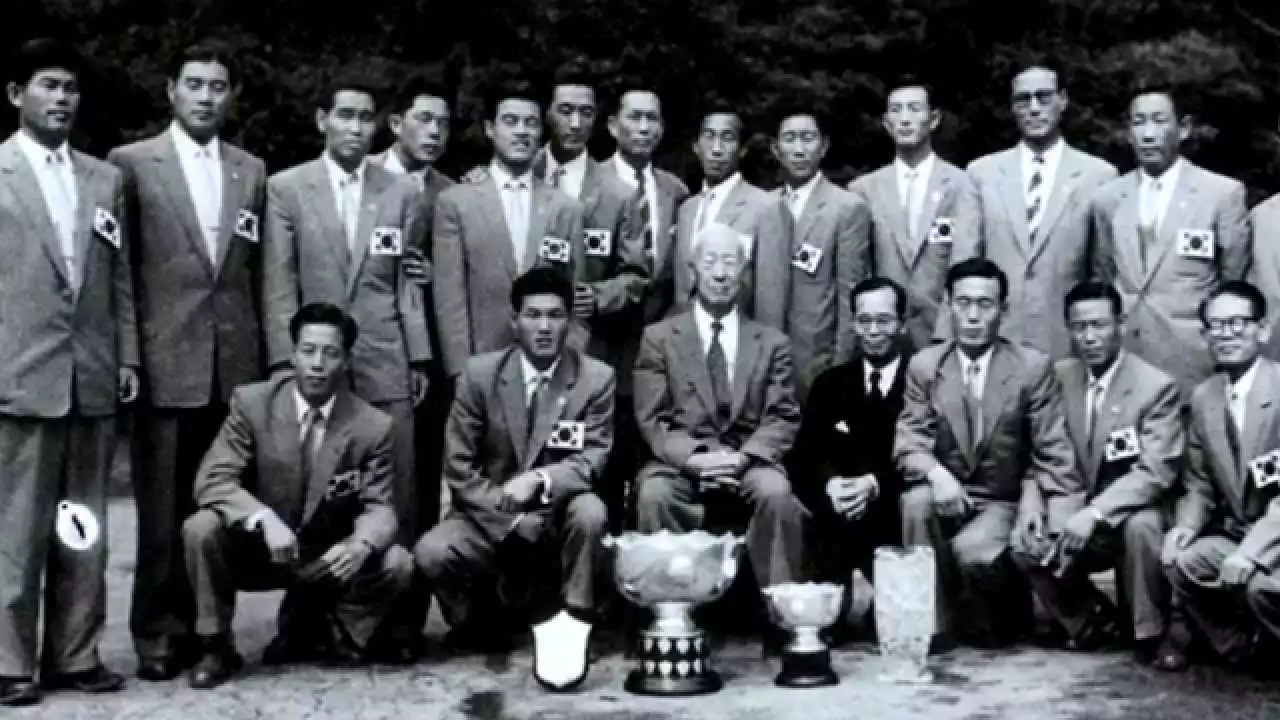History and significance of the AFC Asian Cup
The AFC Asian Cup holds a storied history, dating back to its inception in 1956. The tournament was initially known as the Asian Football Confederation Championship, before being rebranded as the AFC Asian Cup in 1976. Since then, it has grown in stature and importance, becoming one of the most prestigious tournaments in international football.
Every four years, the AFC Asian Cup brings together the top footballing nations from across Asia to compete for regional glory. The tournament serves as a stage for teams to showcase their skills, tactics, and team spirit, captivating millions of fans worldwide. From the early days of the tournament, it has been clear that the AFC Asian Cup is more than just a football competition; it is a celebration of Asian culture and a display of unity.
Cultural diversity and unity showcased in the tournament
One of the most captivating aspects of the AFC Asian Cup is the rich tapestry of cultures on display. As teams from various nations gather to compete, they bring with them their unique traditions, customs, and values. From the pre-match rituals to the post-match celebrations, each team leaves an indelible mark on the tournament, enriching the experience for both players and spectators.
The AFC Asian Cup serves as a platform for nations to proudly display their heritage and promote cultural exchange. Traditional music, dance, and art are showcased during the tournament, giving spectators a glimpse into the vibrant tapestry of Asian culture. The event becomes a celebration of diversity, breaking down stereotypes and fostering a greater appreciation for the differences that make each nation unique.
Economic impact of the AFC Asian Cup
Beyond the cultural significance, the AFC Asian Cup also has a substantial economic impact on the host nation. The tournament attracts a significant influx of tourists, generating revenue for the local economy. Hotels, restaurants, and various businesses benefit from the surge in visitors, creating job opportunities and stimulating growth in the host country.
Moreover, hosting the AFC Asian Cup provides an opportunity for infrastructure development. Stadiums, transportation networks, and other facilities are upgraded or built to meet the demands of the tournament. These investments not only enhance the hosting nation's capacity to hold international events but also leave a lasting legacy for future generations.
Social impact and community engagement through the tournament
The AFC Asian Cup goes beyond football and impacts local communities in profound ways. The tournament serves as a catalyst for community engagement, inviting people from all walks of life to come together and celebrate the spirit of the game. It brings neighborhoods, cities, and entire nations together, fostering a sense of unity and national pride.
In addition to the social cohesion it promotes, the AFC Asian Cup also leaves a lasting impact on grassroots football development. The tournament inspires young athletes to pursue their dreams and provides a platform for talent to be discovered. Local communities are encouraged to participate in football-related activities, leading to increased participation rates and a healthier, more active population.
Technological advancements and innovations in the AFC Asian Cup
As technology continues to advance, the AFC Asian Cup has embraced innovations that enhance the experience for players, spectators, and broadcasters alike. From goal-line technology to video assistant referees (VAR), the tournament has incorporated cutting-edge solutions to ensure fair play and accurate decision-making.
Additionally, the AFC Asian Cup has leveraged digital platforms to engage with fans and provide a more immersive experience. Social media campaigns, interactive applications, and virtual reality experiences have become integral parts of the tournament, connecting fans from around the world and amplifying the excitement surrounding the event.
Promoting tourism and hospitality through the tournament
Hosting the AFC Asian Cup presents a unique opportunity for the host nation to showcase its tourism and hospitality industry. The tournament attracts visitors from across Asia and beyond, who not only come to watch the matches but also explore the country's cultural landmarks, natural beauty, and culinary delights.
The AFC Asian Cup serves as a global marketing platform, allowing the host nation to highlight its unique attractions and position itself as a desirable destination. The exposure generated by the tournament contributes to increased tourism revenue, as visitors are enticed to return and explore more of what the host country has to offer.
Legacy and long-term benefits of hosting the AFC Asian Cup
Hosting the AFC Asian Cup leaves a lasting legacy for the host nation, extending far beyond the duration of the tournament. The infrastructure investments made in preparation for the event continue to benefit the host country for years to come. Stadiums become iconic landmarks, attracting tourists and hosting future sporting events.
Furthermore, the AFC Asian Cup provides a platform for the host nation to enhance its international reputation and strengthen diplomatic ties with participating countries. The tournament serves as a catalyst for collaboration and cooperation, fostering relationships that extend beyond the realm of football.
Success stories and memorable moments from the tournament
Over the years, the AFC Asian Cup has witnessed numerous success stories and memorable moments that have etched themselves into the annals of football history. From underdog teams defying the odds to individual players showcasing exceptional skill, the tournament has provided a stage for greatness and inspired generations of football enthusiasts.
From Japan's historic victory in 2011 to Australia's triumph on home soil in 2015, each edition of the AFC Asian Cup has its own tale of triumph and glory. The tournament has seen legends being born and records being shattered, captivating the hearts and minds of fans worldwide.
In conclusion, the AFC Asian Cup has become a symbol of unity, diversity, and cultural exchange. It transcends borders and boundaries, bringing together nations from across Asia to celebrate the beautiful game. The tournament's impact extends beyond football, leaving a lasting legacy on host nations and fostering a deeper appreciation for the rich tapestry of Asian cultures. As the AFC Asian Cup continues to evolve, it will undoubtedly continue to unite and inspire both players and fans alike.









